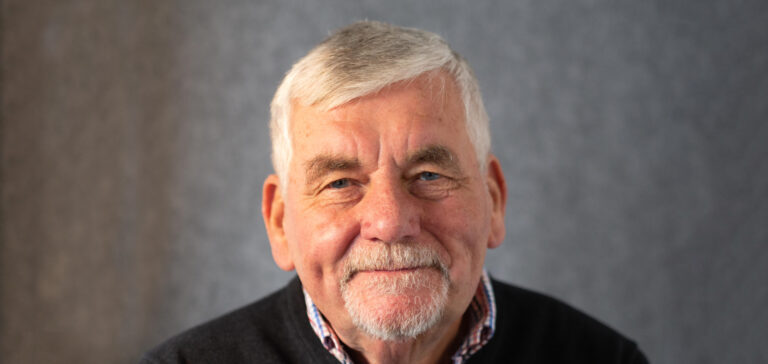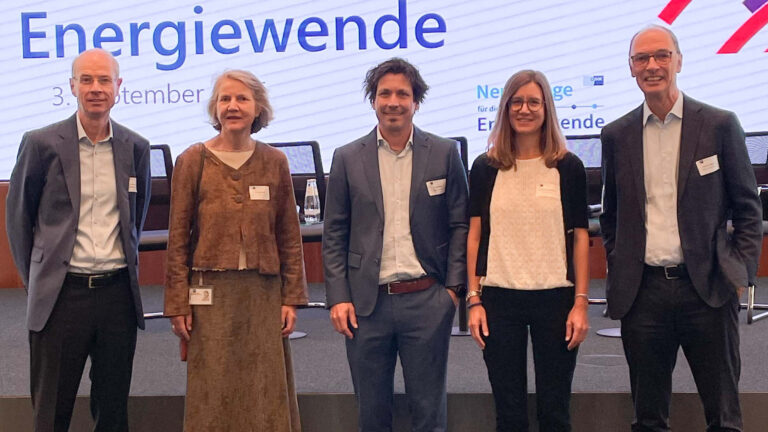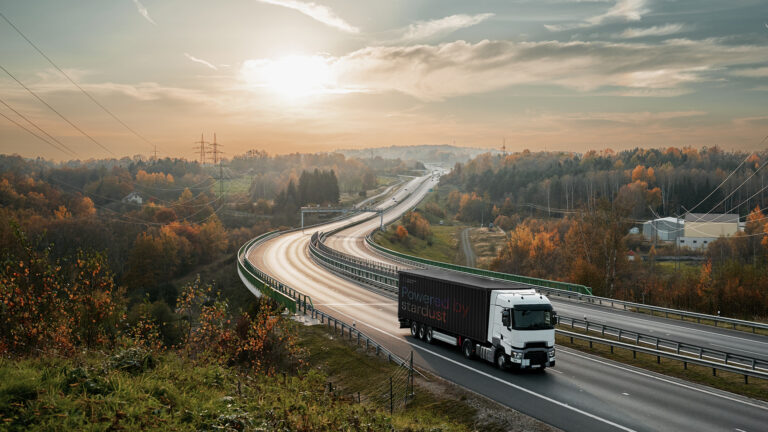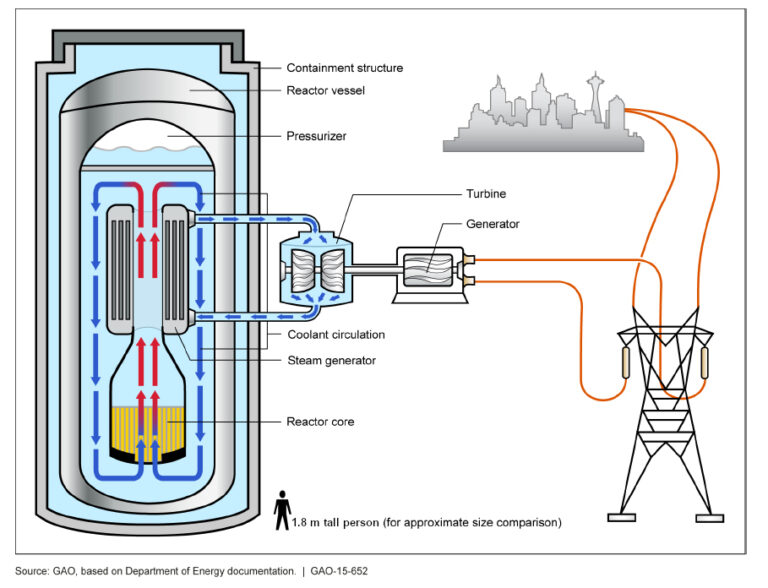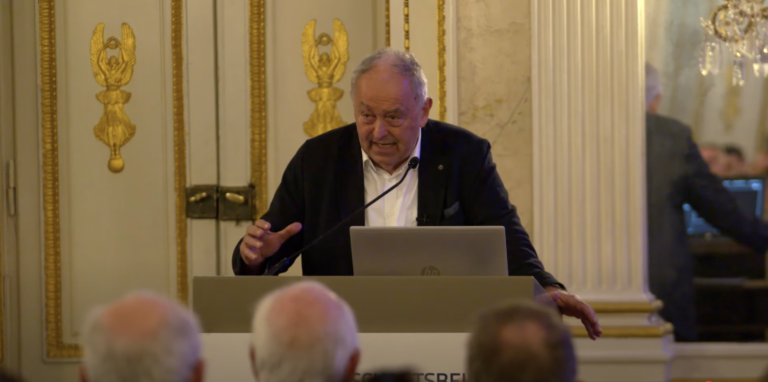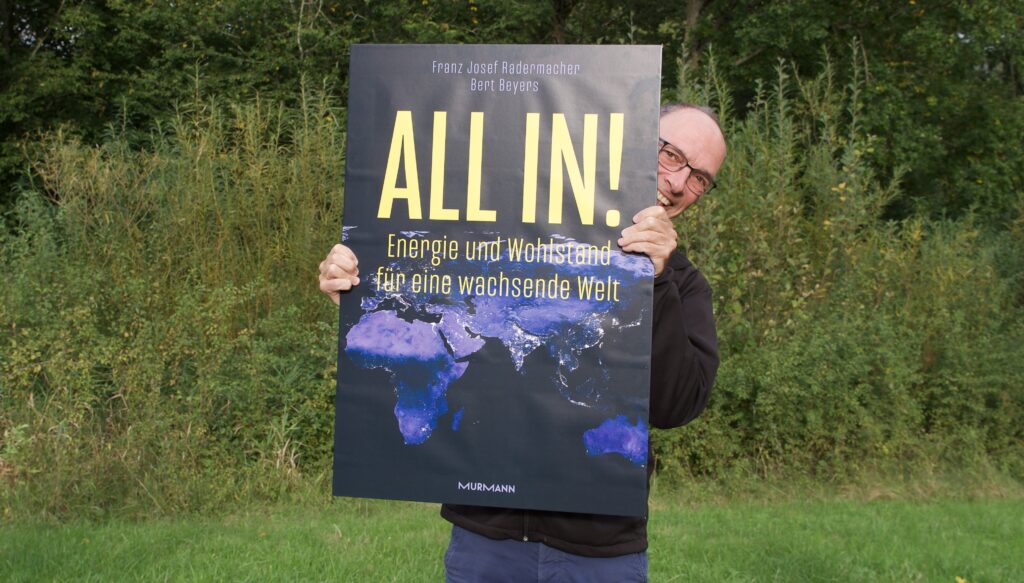News

Subscribe to our newsletter
- Publications
The great potential of oil plants for climate-friendly fuels
Read onAircraft, ships and heavy commercial vehicles will continue to rely on combustion engines for decades …
- Publications
GES on the energy transition
Read onFirst the monitoring report from the Ministry of Economics, then the ten points from Minister …
- Articles
Small Modular Reactors (SMR) – an opportunity for Germany
Read onDuring the election campaign, the CDU criticised the shutdown of the last three German nuclear …
- Interviews
Copenhagen Atomics – the nuclear power plant in a container
Read onCopenhagen Atomics is a young company that has set itself the goal of building Small …
- Publications
GES paper on Small Modular Reactors
Read onA reference to another GES paper, which has now been published, on the topic: Faster …
- Articles
Germany urgently needs CCUS
Read onCCUS stands for the capture of CO2 during combustion processes and the further disposal or …
- Articles
ALL IN! vs. All Electric
Read onALL IN! vs. All Electric – How climate protection and prosperity can succeed internationally at …
